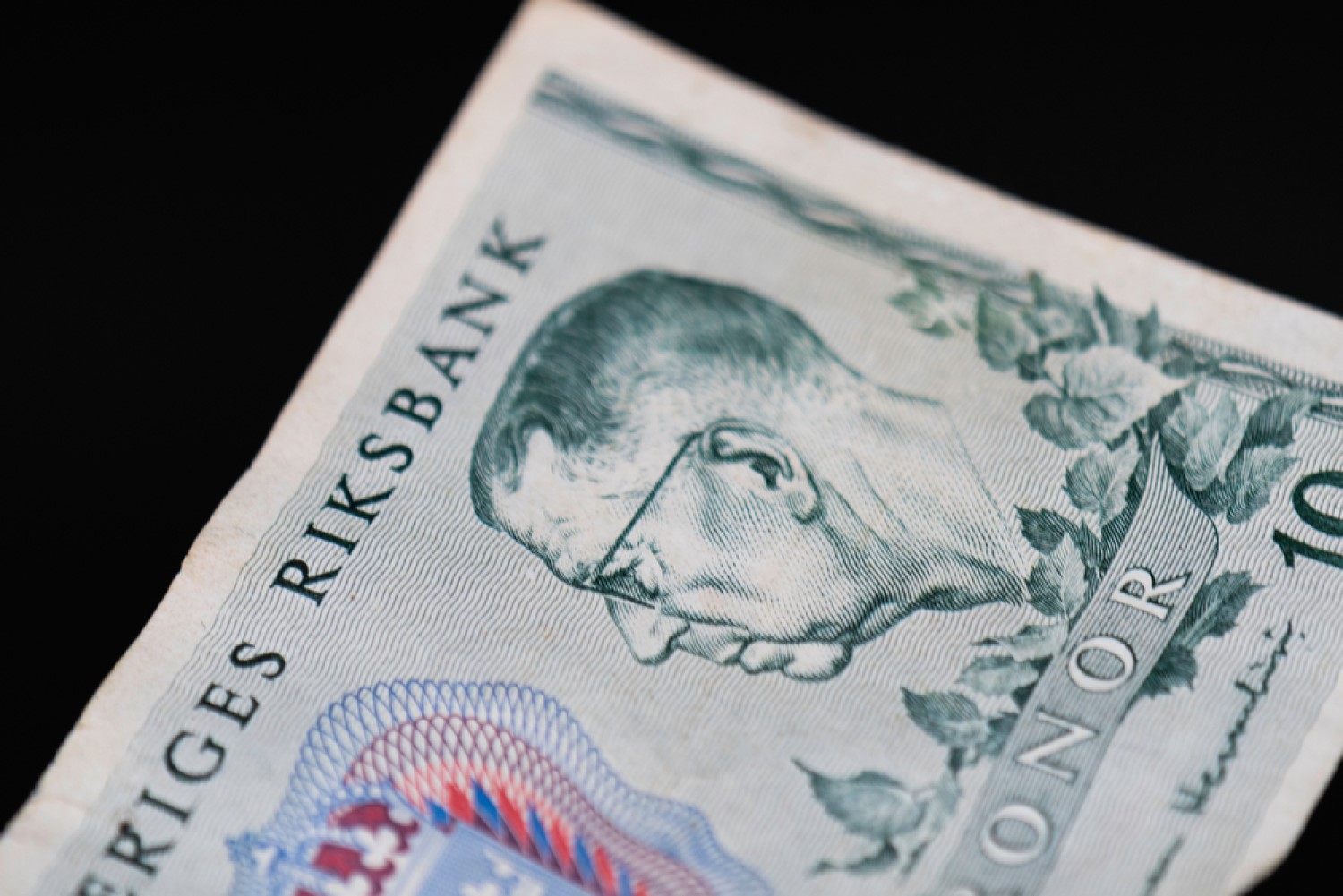At the beginning of 2020, the Central Bank of Sweden began testing its own digital currency, called e-krona, due to the fact that the population stopped using cash in recent years and with the aim of making cross-border payments with faster.
After a year of testing, the agency presented a report in which they indicate, among other things, that they will need to adapt current legislation, due to the novelty of central bank digital currencies (also known as CBDC, for its acronym in English).
‘Central bank digital currencies are new and have become relevant in recent years, both in Sweden and abroad. Therefore, there is no legislation or any consultative example in this field. The issuance of an e-krona would probably require new legislation, regardless of the model, design and technical solution used, ”the document highlights.
The financial institution adds that one of the unknowns of the project is related to the storage of the coins and whether the e-krona should work offline (without internet access), an option that was not tested in the first stage of the essays.
The text presented by the Central Bank states that the test was carried out within the same bank , but they hope to shape it in the coming years. In fact, they assure that, in the future, they will allow the participation of commercial banks as part of the next phase of the project that could last until 2026.
Regarding the technology used in the project, they consider that the network where the e-krone circulate, based on the Corda blockchain platform of the R3 company, offers possibilities, but it is also new and requires more research .
“The technology provides the ability to create uniquely identifiable e-krona, but it has not been tested when it comes to processing retail payments on the scale and with the level of security required by a central bank’s digital currency,” they say in a press release .
The technology implemented raises doubts
The Swedish digital currency project, carried out by the Central Bank of Sweden, in conjunction with Accenture, left a trail of comments after the publication of the report on the first trial of the e-krona.
In this sense, the user @Datavetaren, who introduces himself as a software and computer engineer, wrote on the social network Twitter that “R3 Corda (based on UTXO) has been used”, something that he considers “useless and a waste of money from taxes”. In addition, he asserted that the private sector “quickly came to the conclusion that R3’s Corda sucks.”
Swedish law
But the comments did not stop there. Miguel López, co-founder of FLOSSystems, a company focused on virtualized infrastructures, also joined the criticism of the Corda blockchain: “European governments are willing to spend indecent amounts of public money on useless or obsolete technologies, giving money to companies that are experts in blockchain smoke (DLT) that have already been discarded by the market.
Europeans and their expectations about the digital euro
Central bank digital currencies have been the subject of discussion and debate in the European Union, due to the entry on the scene of cryptocurrencies and fast payment systems.
For this reason, the Central Bank of Europe carried out a public consultation that culminated at the beginning of this year and in which 8,221 citizens, companies and associations of the financial sector participated, as reported by CriptoNoticias.
It was concluded that privacy in payments, security and continental reach are the three characteristics most requested by Europeans for the digital version of the euro.



 Bitcoin
Bitcoin  Ethereum
Ethereum  Tether
Tether  XRP
XRP  Solana
Solana  USDC
USDC  TRON
TRON  Lido Staked Ether
Lido Staked Ether  Cardano
Cardano  Avalanche
Avalanche  Toncoin
Toncoin